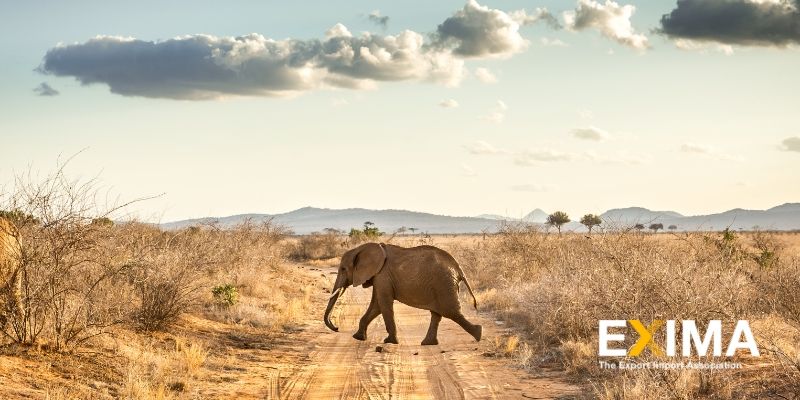Many scientists now agree that the destruction of nature is as detrimental to human life as climate change, so it’s imperative and in everyone’s best interests to stop the illegal $23 billion wildlife trade.
The Fate of One Million Species Is at Stake
Wildlife trade involves the buying and selling of unauthorized plants or animals, living or dead. The destruction and sale of wildlife and natural habitats negatively impact the global ecosystem. According to a report by the United Nations Intergovernmental Science-Policy Platform on Biodiversity and Ecosystem Services (IPBES), one million species face extinction.
Acting to Restore Wildlife
To fight this, governments need to enforce some of their own policies. The majority of countries in the world are signatories to various conservation treaties that work to stop wildlife trade. Cooperating to stop smuggling through borders, finding and punishing buyers and sellers, improving the skills of customs to find illegal wildlife will help reduce trafficking.
Civil society and organizations can play a vital role by educating the public about the importance of conservation. This increases awareness and gives citizens a chance to spread the message to more people whose simple actions can make a difference.
Conservation also requires a change in mentality to confront the reasons why items like elephant tusks, rhino horns, lion and leopard skin, and prize gaming are coveted in the first place. If we stop attaching value to these things, the incentive to poach and sell them might not be the same.

Moreover, business is important not only in funding, but in examining the ways in which its own operations facilitate the trade in endangered plants and animals. ROUTES, an organization that fights illegal trafficking, describes the trade as a transport-intensive activity. Its research concludes that illegal wildlife had been trafficked through airports in 130 countries. The WFF says over 70% of wildlife products are trafficked by sea. Traffickers are good at identifying the sloppiest routes and colluding with port workers they can corrupt. Online and social media platforms are marketplaces for illegal trade. Businesses have to do the work to shut down the loopholes that make them unwilling middlemen in the illegal wildlife trade by equipping their staff to identify and report suspicious activity and packages.
Some of them are doing so by developing technology that aids conservationists in locating and tracking poachers, such as providing databases of genetic information that can identify an animal's origins or implanting tracking chips into horns.
It’s also important to look at the economic factors that force people to hack down their natural reserves in the first place. Some of the profits from it are used to fuel conflicts around the world, leading to the loss of human life and economic decline. Even without wars, depleting resources is unsustainable and degrades the planet from which everyone depends on.
Learn More with EXIMA News
Come check out the rest of our News Page today to learn more about current events!









